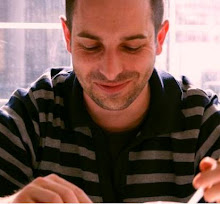
Rosenthal-Jacobson study:
"Robert Rosenthal and Lenore Jacobson (1968/1992) report and discuss the Pygmalion effect at length. In their study, they showed that if teachers were led to expect enhanced performance from some children, then the children did indeed show that enhancement.
The purpose of the experiment was to support the hypothesis that reality can be influenced by the expectations of others. This influence can be beneficial as well as detrimental depending on which label an individual is assigned. The observer-expectancy effect, which involves an experimenter's unconsciously biased expectations, is tested in real life situations. Rosenthal posited that biased expectancies can essentially affect reality and create self-fulfilling prophecies as a result.
In this experiment, Rosenthal predicted that, when given the information that certain students are brighter than others, elementary school teachers may unconsciously behave in ways that facilitate and encourage the students’ success. The prior research that motivated this study was that then done in 1911 by psychologists regarding the case of Clever Hans, a horse that gained notoriety because it was supposed to be able to read, spell, and solve math problems by using its hoof to answer. Many skeptics suggested that questioners and observers were unintentionally signaling Clever Hans. For instance, whenever Clever Hans was asked a question the observers' demeanor usually elicited a certain behavior from the subject that in turn confirmed their expectations."
Tenemos que dejar de tratarnos(/les) como idiotas.
